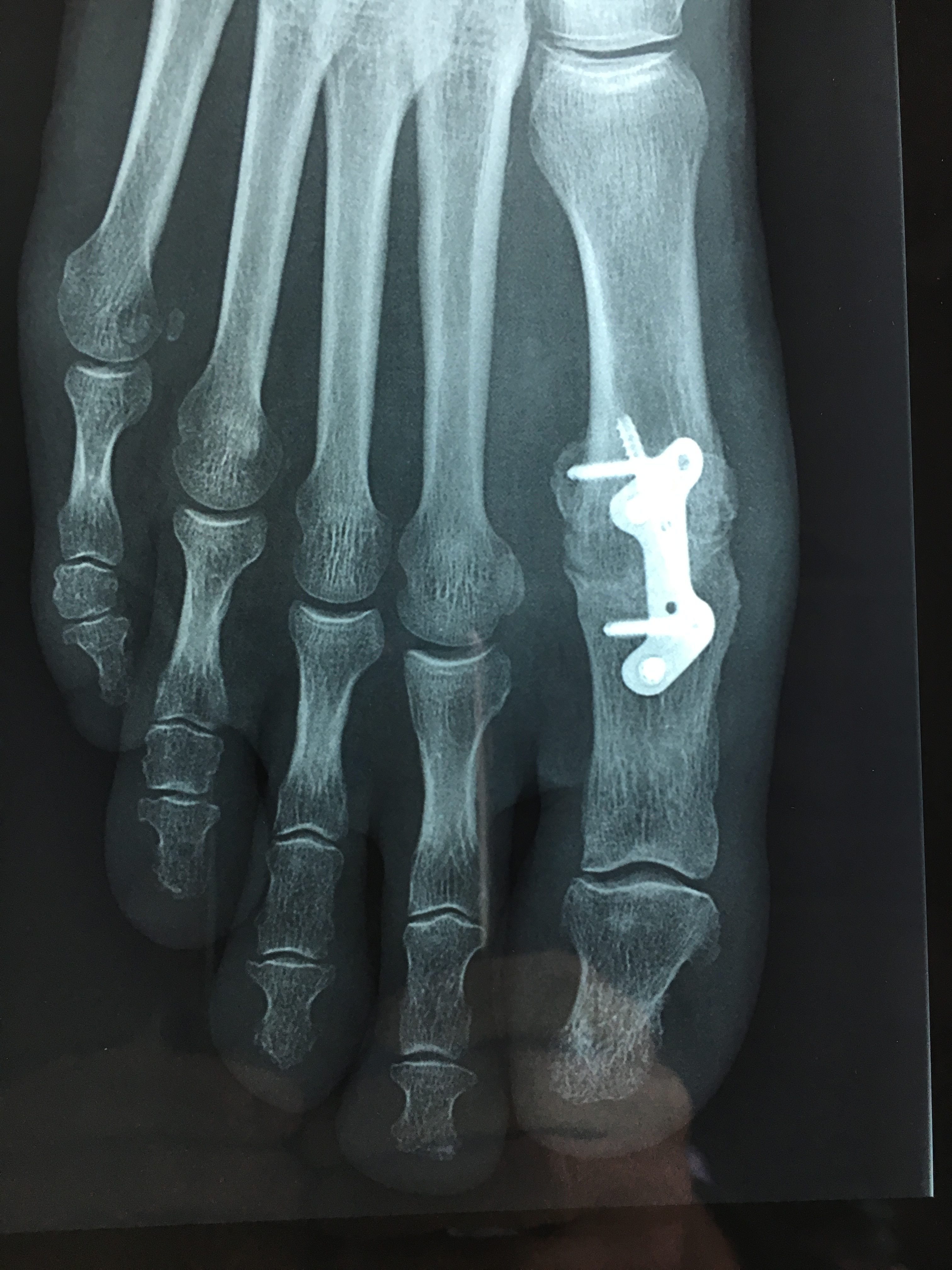
Hallux rigidus définition, causes, symptômes et traitements
Hallux rigidus (Latin for "stiff toe") is a condition that refers to degenerative arthritis of the first MTP joint.[1] Nicoladoni first described the condition in 1881, but it was popularized in 1887 by Davies Colley, who coined the term hallux flexus to describe the plantarflexed position of the proximal phalanx relative to the metatarsal head.[2] During the same year, Cotterill described.
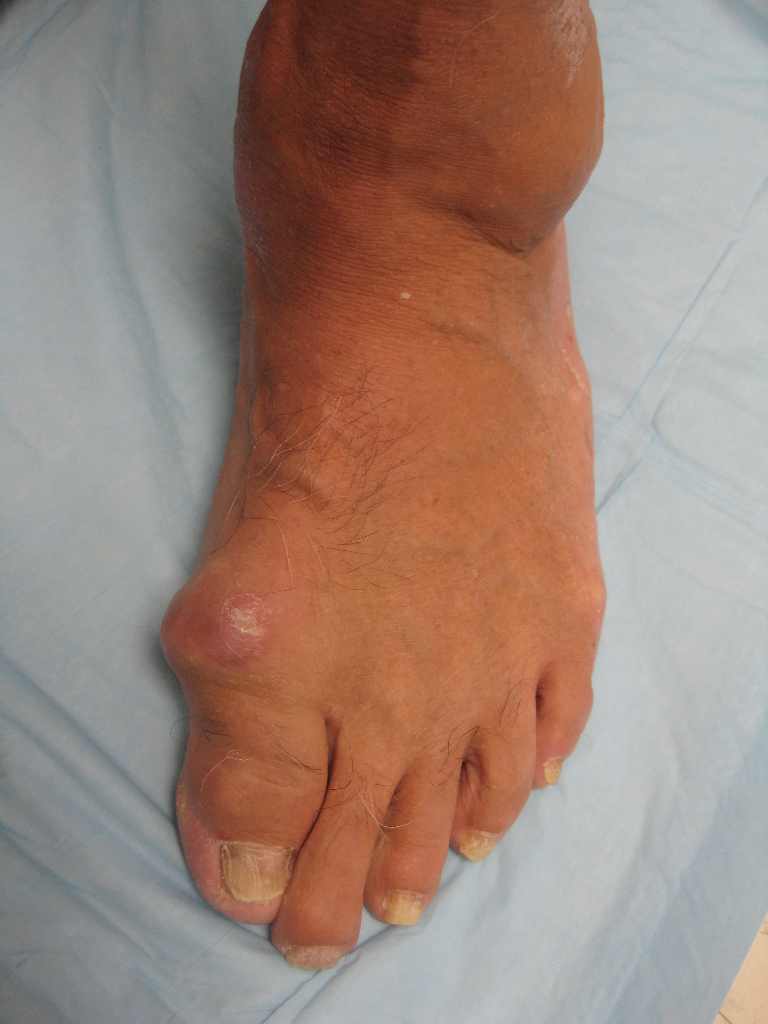
Hallux Rigidus Dominic Carreira, MD Hip Arthroscopy & Foot & Ankle Surgery
Before & After Pictures. In this video we discuss Big Toe Arthritis and the advanced treatment options available to our patients. Our nationally recognized physicians are at the forefront of the treatment for Hallux Limiuts (Arthritis of the Great Toe Joint). Our doctors helped develop the leading implant for great toe arthritis and teach.
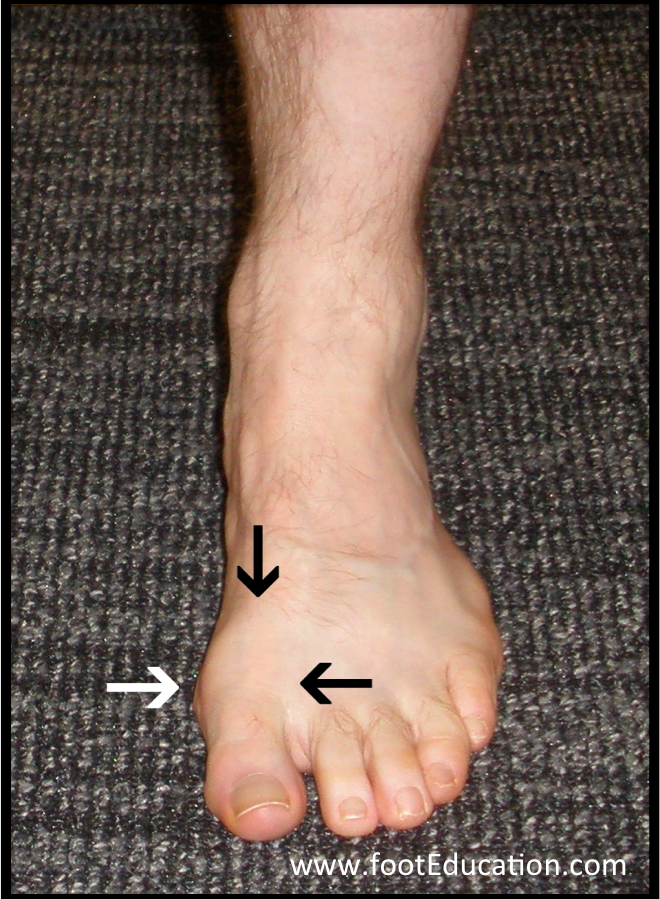
Hallux Rigidus (Big Toe Arthritis) FootEducation
Cheilectomy treats hallux rigidus ("stiff big toe"). Hallux rigidus is a type of osteoarthritis in your big toe joint, the metatarsophalangeal (MTP) joint. If you have hallux rigidus, painful bone spurs (osteophytes) may develop on your MTP joint. These bone spurs form a lump in your skin that makes wearing a shoe painful.
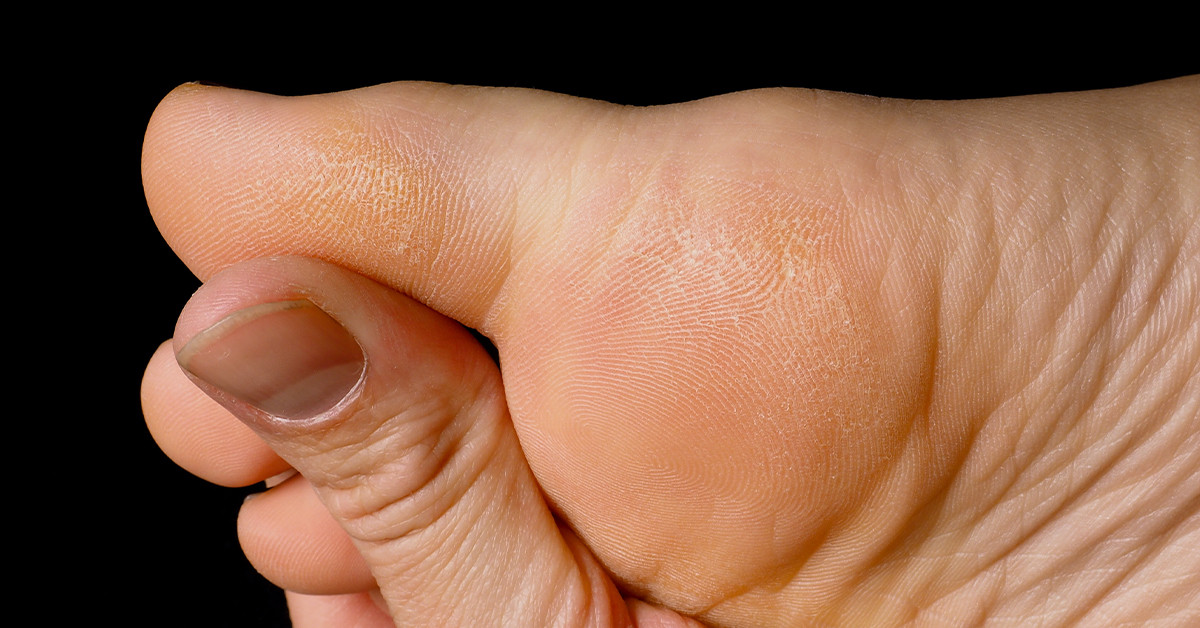
Hallux Rigidus Ocala, FL Dr. Karl Siebuhr, MD Orthopedic Surgeon
Terminology. Hallux limitus is distinct from hallux rigidus, the former referring to the functional pain secondary to lack of flexibility of the soft tissue structures, e.g. spasm of the gastrocnemius. Nevertheless, hallux limitus is thought to be a risk factor for hallux rigidus, therefore features of both conditions may co-occur 6 .
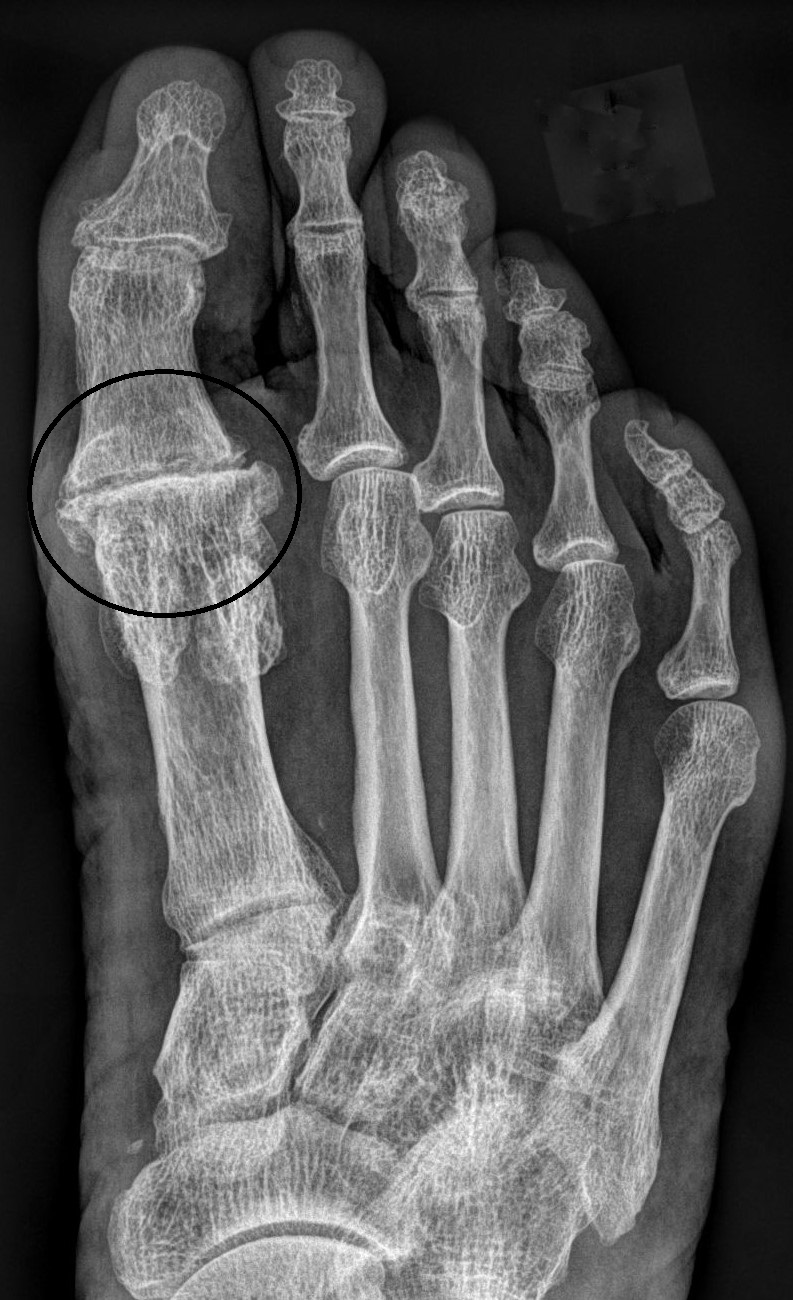
Hallux rigidus FusschirurgiePfleghar
What is Hallux Rigidus? Hallux rigidus, is arthritis (pain and stiffening) of the main joint of the big toe in the ball of the foot. It is due to a wearing out of the joint surfaces. Sometimes only the upper part of the joint is affected and the rest of the joint is undamaged. In other people the whole joint is worn out.
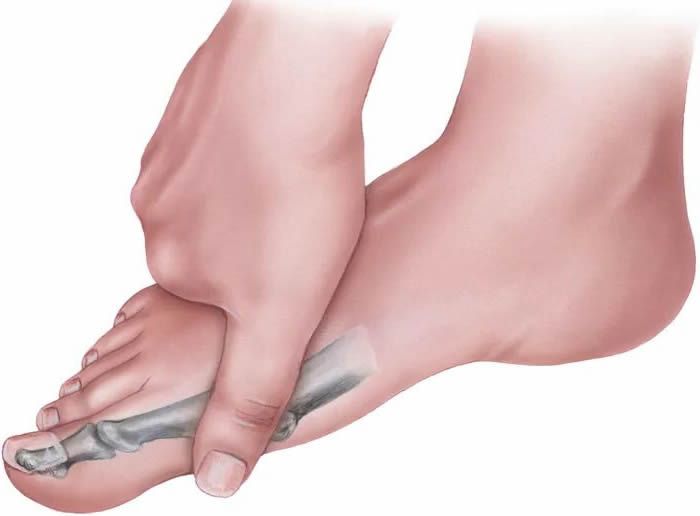
Treat Hallux Rigidus Central Florida Bone & Joint Institute
Osteoarthritis can also affect the foot and the big toe. Osteoarthritis is a wear and repair process. In the big toe it is also known as hallux rigidus (Latin for 'stiff great toe'). It can lead to joint pain with limitation of movement, which can affect daily activities. Osteoarthritis is the most common type of arthritis, affecting.
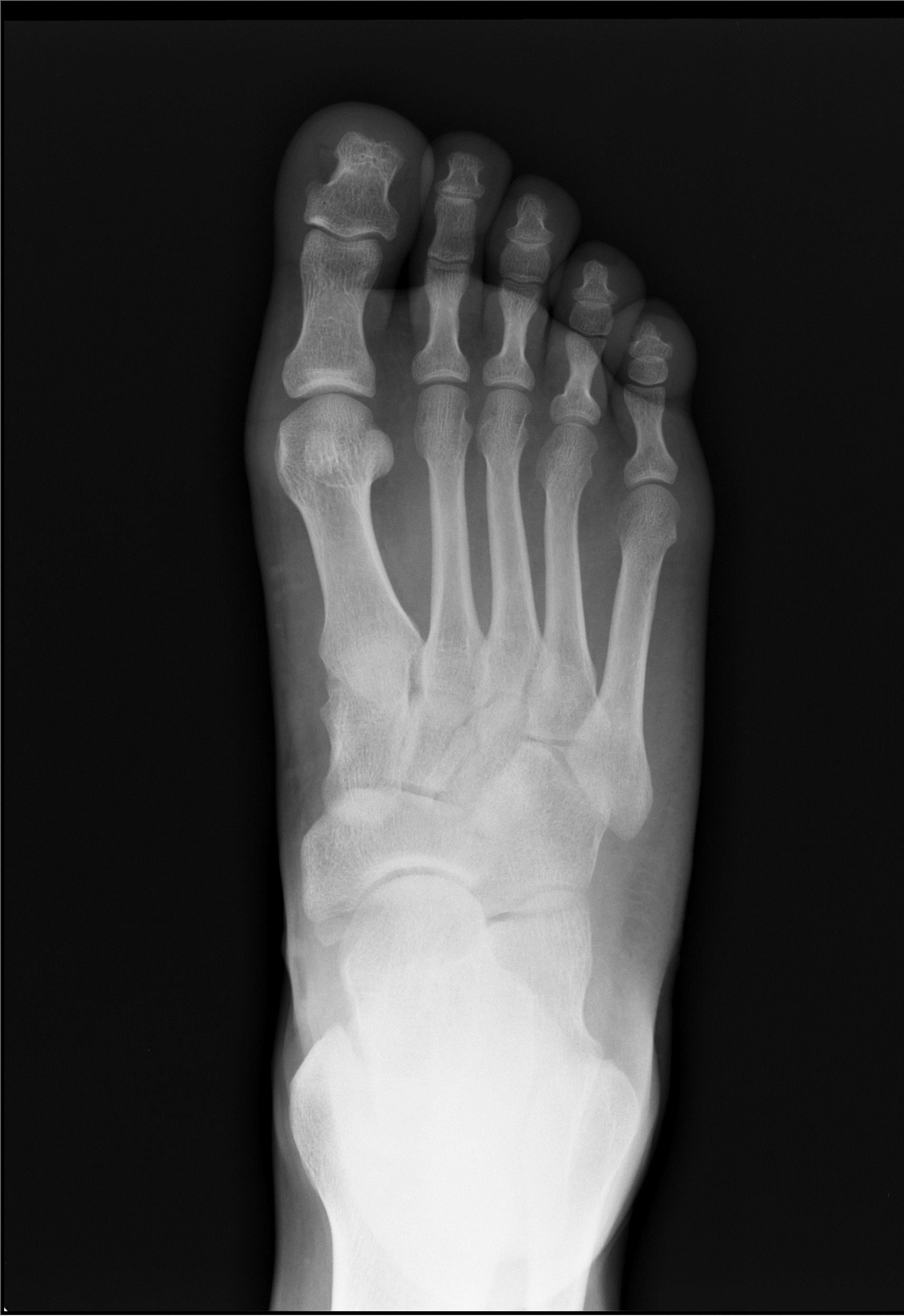
Podiatrist in Akron Hallux Rigidus in Akron Green Foot & Ankle Care, LLC
Browse Getty Images' premium collection of high-quality, authentic Hallux Rigidus stock photos, royalty-free images, and pictures. Hallux Rigidus stock photos are available in a variety of sizes and formats to fit your needs.

Hallux Rigidus Surgery Germany Dusseldorf Adem Erdogan
Hallux rigidus is an degenerative osteoarthritic condition of the 1st metatarsophalangeal joint (MPJ-1). [1] It is characterised by a complete absence of the joint's sagittal plane motion, specifically dorsiflexion, at the end stages of the disease. [2] Hallux limitus (HL) is the name given to the earlier stage of this condition when there is.

Hallux rigidus (Großzehengrundgelenksarthrose) Orthoteam Rhein Main
Hallux (big toe) limitus (stiffness) starts out as a stiff big toe. Over time, this develops into hallux rigidus (inability to bend), a condition where the big toe's ability to move is severely limited and may be "frozen" and unable to move at all. It is a form of degenerative arthritis, when cartilage in the joint at the base of the toe is worn away.

hallux rigidus Liberal Dictionary
Hallux rigidus is a type of arthritis affecting the MTP joint at the base of the big toe. It causes pain and stiffness. Because it is a progressive condition, it will eventually affect the ability to bend the big toe. The condition is sometimes measured in stages based on the symptoms and effects on the joint, including the growth of bone spurs.

Hallux rigidus Image
What Is Hallux Rigidus? Hallux rigidus is arthritis of the joint at the base of the big toe. It is the most common arthritic condition of the foot, affecting 1 in 40 people over the age of 50 and typically developing in those over age 30. Big toe arthritis tends to affect women more than men. The big toe joint is called the hallux metatarsal.
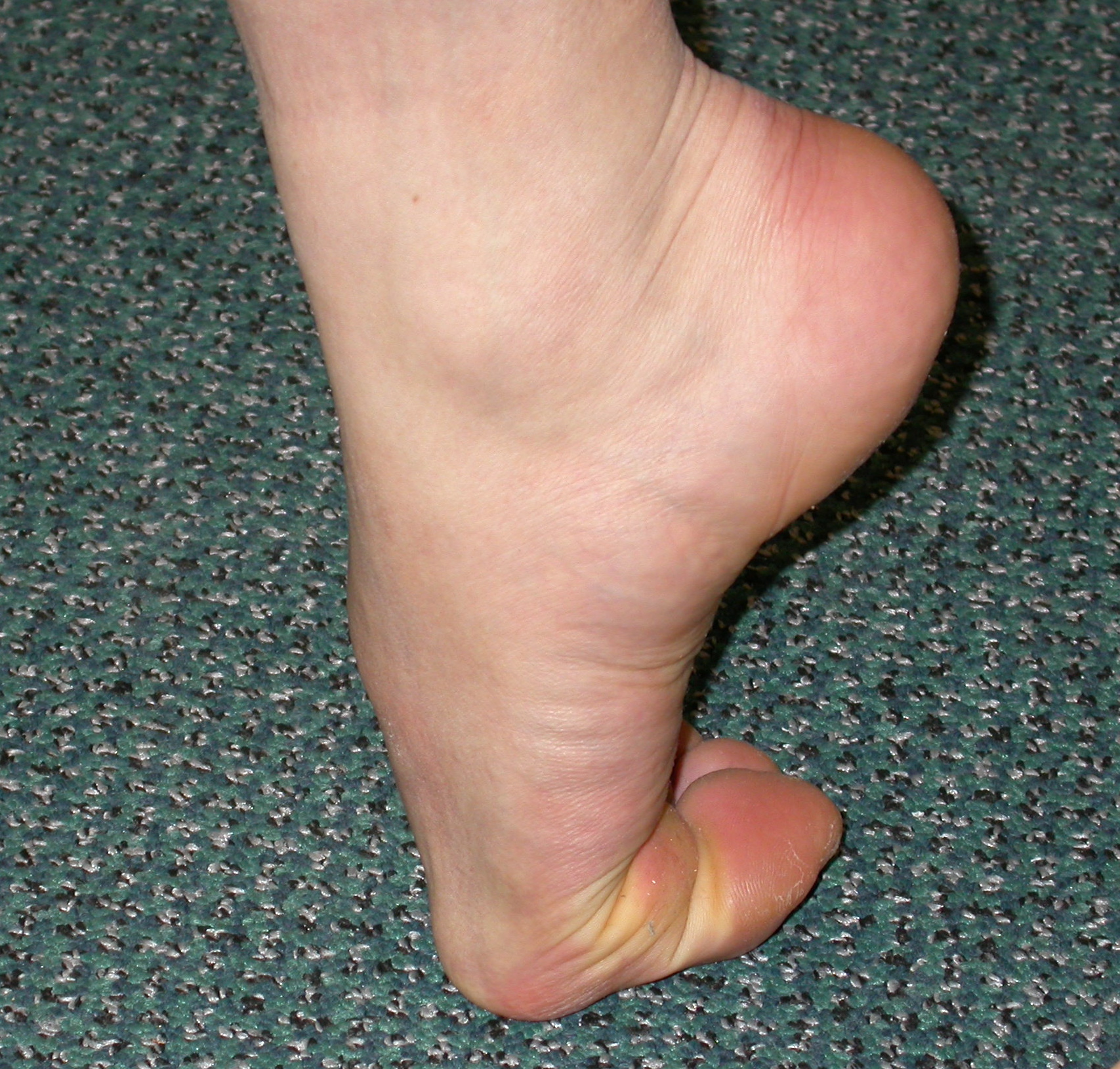
Hallux Rigidus (Big Toe Arthritis) The Foot and Ankle Clinic
Hallux rigidus. Hallux rigidus or stiff big toe is degenerative arthritis and stiffness due to bone spurs that affects the metatarsophalangeal joints (MTP) at the base of the hallux (big toe).. Hallux flexus was initially described by Davies-Colley in 1887 as a plantar flexed posture of phalanx relative to the metatarsal head. About the same time, Cotterill first used the term hallux rigidus.
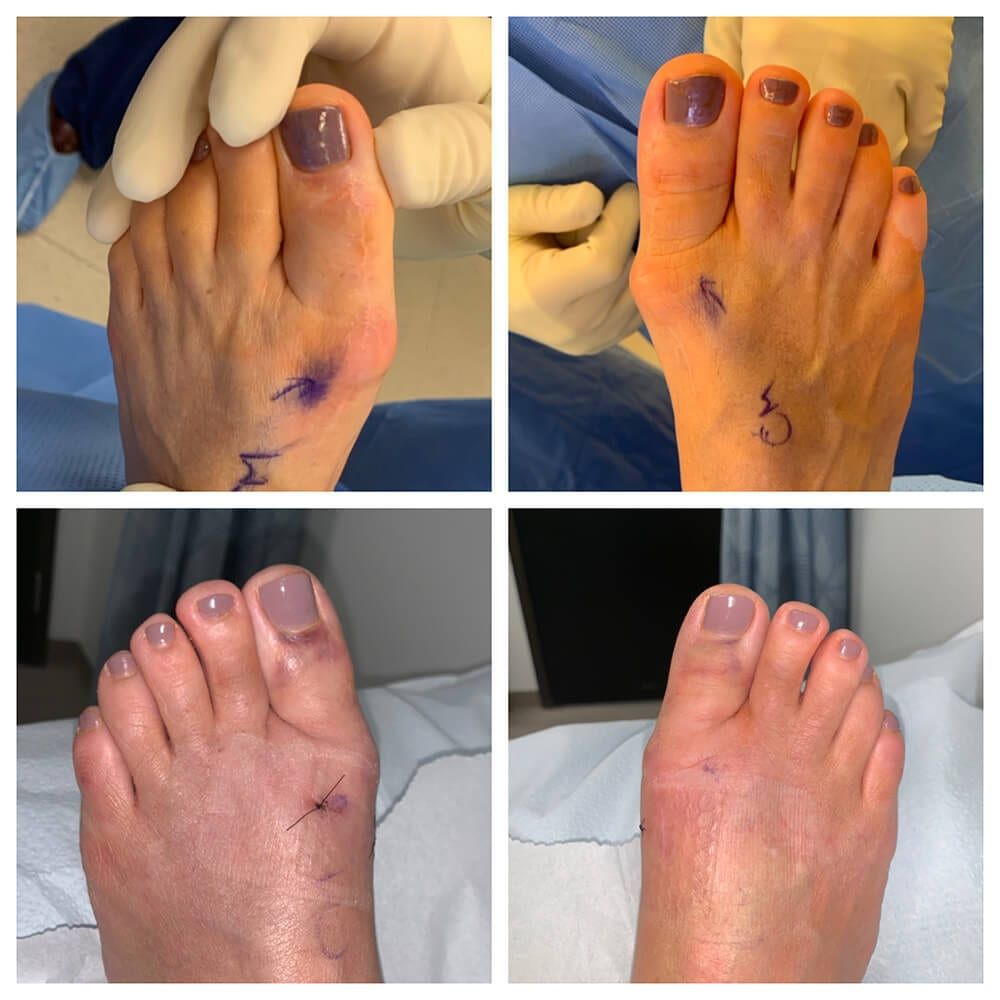
Hallux Rigidus Arthritis of the big toe Christopher Miller
Hallux rigidus is a degenerative disease of the first metatarsalphalangeal (MTP) joint and affects 2.5% of people over age 50. Dorsal osteophytes and narrowed joint space leads to debilitating pain and limited range of motion. Altered gait mechanics often ensued as 119% of the body force transmit through the 1 st MTP joint during gait cycle.

Hallux rigidus before surgery, Xray Photograph by Science Photo Library Pixels
Hallux Rigidus (Stiff Big Toe) Hallux rigidus (stiff big toe) occurs when the joint at the base of the big toe stiffens. It is the most common arthritic condition in the foot and can make walking painful and difficult. Hallux rigidus usually develops in adults between the ages of 30 and 60.
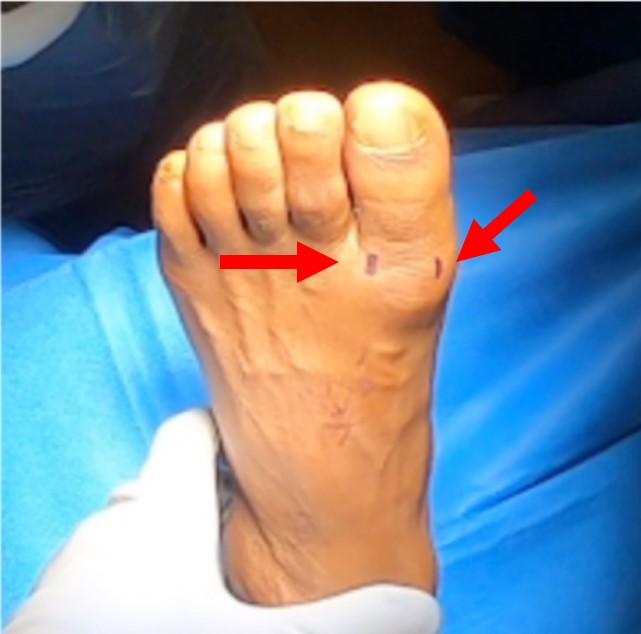
Hallux Rigidus Treatment Hip Arthroscopy & Foot & Ankle Surgery
The term "hallux rigidus" refers to the osteoarthritis of the metatarsophalangeal joint (MTPJ) of the first toe. This disease was first reported in 1887 by Davies-Colley [ 1 ]. He suggested the name "hallux flexus". Shortly thereafter Cotterill was the first to introduce the term "hallux rigidus" [ 2 ].

Hallux Rigidus Symptoms & Causes Liebscher & Bracht
Hallux rigidus means "stiff big toe" — the condition's most common symptom. It causes pain and stiffness in your MTP joint. It's a form of osteoarthritis ("wear and tear arthritis"). Visit a healthcare provider if you're experiencing symptoms like pain, stiffness or swelling in your big toe or foot.